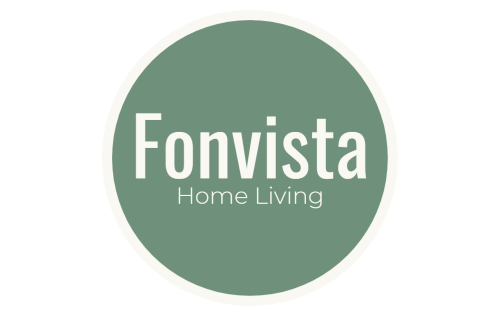Decluttering your environment can have numerous benefits for your mental health. Not only can it make you feel calmer and happier, it can also give you a sense of control and improve your focus. In fact, research has shown that people who describe their homes in positive terms have lower levels of the stress hormone cortisol compared to those who describe their homes as cluttered or unfinished. However, it’s worth noting that some studies have found that disorderly environments can actually promote creativity and fresh ideas. If you value creativity, you may want to consider allowing yourself to be a little messy in certain areas of your life.
Decluttering can also have a number of other benefits, including:
- Improved focus: Clutter can be distracting and make it difficult to find what you need, so getting rid of visual clutter can help you focus better on any task at hand.
- Higher self-esteem: When you struggle with organization, it can make you feel out of control. Improving your living space can restore feelings of competency and pride.
- Better relationships: Clutter can often lead to conflicts with family members or roommates, and a tidy home may be more inviting to friends.
- Lower risk of asthma and allergies: Piles of belongings can make it difficult to clean your home properly, which can lead to pests and increase dust, mold, and mildew. These can all trigger asthma and allergies, so decluttering can help prevent these issues.
- Improved lifestyle and well-being: An orderly kitchen makes it easier to prepare healthy meals, and most people sleep better in a neat and tidy bedroom.
Tips for Decluttering Your Spaces
If you want to reap the mental health benefits of decluttering, it’s important to make the process as low-stress as possible. Here are some tips to help you get started:
- Start small: If you try to declutter your entire home at once, you may become overwhelmed and discouraged. Instead, pick one small area, such as a drawer or cabinet, to focus on. This will give you a sense of accomplishment and encourage you to keep going.
- Build in structure: Having a specific goal or deadline can help motivate you to declutter. For example, if you have friends coming over for dinner, it can be a good incentive to declutter your kitchen. Or, if you schedule someone to take your unneeded items, it can give you a target date to work towards. Just be sure to allow extra time, as decluttering can take longer than you expect.
- Don’t strive for perfection: It’s okay to keep items that you use frequently, and you shouldn’t compare your spaces to those of others. Just focus on making your living space as organized and functional as possible.
Challenges with Decluttering
Getting rid of possessions can be difficult for anyone, but it can be especially hard for people who are older or have hoarding disorder.
Characteristics of Clutterers
People who have trouble with clutter often:
- Struggle with time management and have trouble finishing tasks
- Have perfectionist tendencies and have trouble starting and stopping projects
- Are easily sidetracked, such as those with attention deficit disorder
- Are “people persons” who spend a lot of time doing things with and for others
- Tend to procrastinate and put things off
Older Adults and Clutter
As we get older, we tend to accumulate more possessions, and many older people are less likely to sell or give away their belongings. In one study of people over 70, about one-third said they hadn’t thrown out any possessions in the past year. This can be




